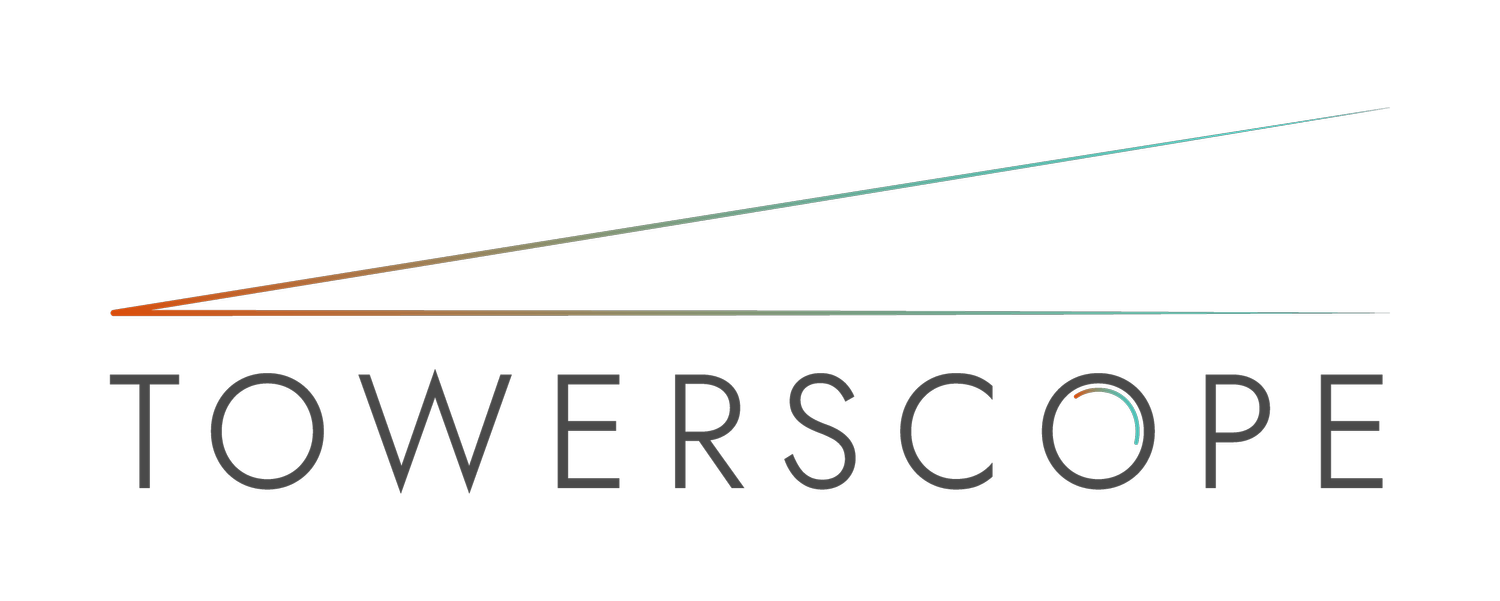There are so many myths circling around about why we have had trouble achieving gender diversity and equity at the very highest levels of organizations (senior and executive leadership). And they drive me crazy every time I hear them. Here are seven of these myths, followed by the realities.
Women lose ambition. Um, no. Research has found that women are just as ambitious as men early in their careers but are dissuaded over time when their contributions aren't equally valued, start getting messages that they aren't "a good fit," or feel they will never succeed in their organization at the level that their male counterparts will.
Having children gets in the way. Not really. Women have gotten plenty good at managing their careers, childrearing, and many other things despite the ongoing lack of equity in who takes on most of these jobs.
Women fear success or the intense pressure of rising to the top. Not quite. Women do not fear hard work nor success. But they do (accurately) anticipate a steeper path to the top (regardless of whether they have children) and many wonder whether working twice as hard as their male counterparts is all worth it, especially if in some cases they never do achieve the same status despite putting in twice the work.
Women lack confidence. Women do not lack of confidence in their abilities as much as they lack confidence in whether they will actually succeed in their current environment. This perception might be right on. For example, McKinsey’s 2013 Women Matter report found that 58% of women vs. 76% of men believe they will reach mid-level management and 69% of women and 86% of men believe they will succeed into senior management. The study also found that “corporate culture is twice as important as individual mindsets in building women’s confidence that they can reach a top management position.”
Women lack of negotiation skills or may not make enough negotiation attempts. Not true. In fact, research has found that women negotiate just as much yet still do not receive the same bonuses and opportunities. It drives me crazy that we keep focusing on teaching women how to negotiate without addressing the negative perceptions they receive in their attempts to negotiate.
Women lack adequate leadership skills. This one has been debunked many times over. And studies have found that while women outperform men in both level of education and leadership competencies, they still have up to a 36% lower pay gap. And their assertiveness skills continue to be perceived as aggressive (in a negative way), compared to similar assertiveness skills in men.
Women lack the commitment for executive leadership roles. Puh-lease! According to a recent study women were found to be just as committed to their jobs and found their work-life balance just as challenging as men.
In other words, women are not all that different from men in their leadership aspirations, abilities, and commitment, yet as a society, we still blame women for "their decision to drop off the leadership track" rather than acknowledging how the messages they receive about their leadership potential has a direct impact on outcomes.
Going beyond gender, being underestimated, undervalued, and undersupported, and having to work much harder to achieve the same levels of success, will undoubtedly lead to more of the same underrepresentation. This is the definition of gender bias.
In the upcoming parts of this series, I will share more about what exactly are the different types of gender biases (yes, there are many) that serve as a filter through which a company’s lens ultimately stifles women’s career advancement.
The good news is that it’s never too late to create a plan to more intentionally catch and minimize this gender bias filter to expand opportunities for all.
To read the other parts of the series:
——————-
This post was originally published on Psychology Today on April 7, 2021. All rights reserved, Copyright 2021 Mira Brancu/Brancu & Associates, PLLC.


